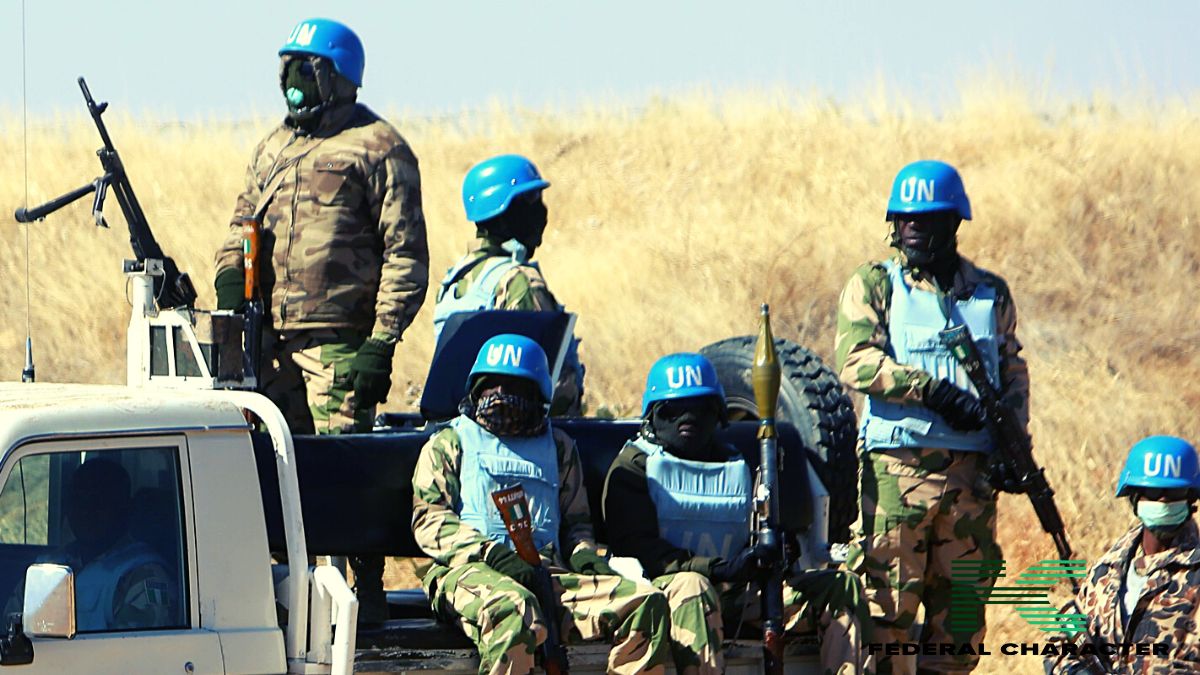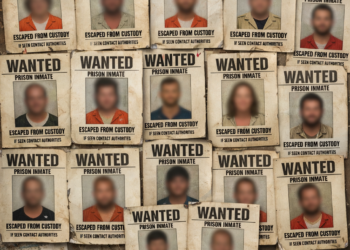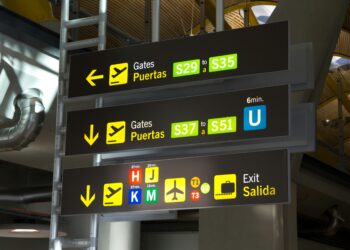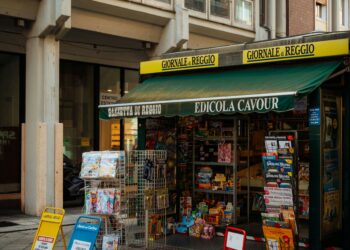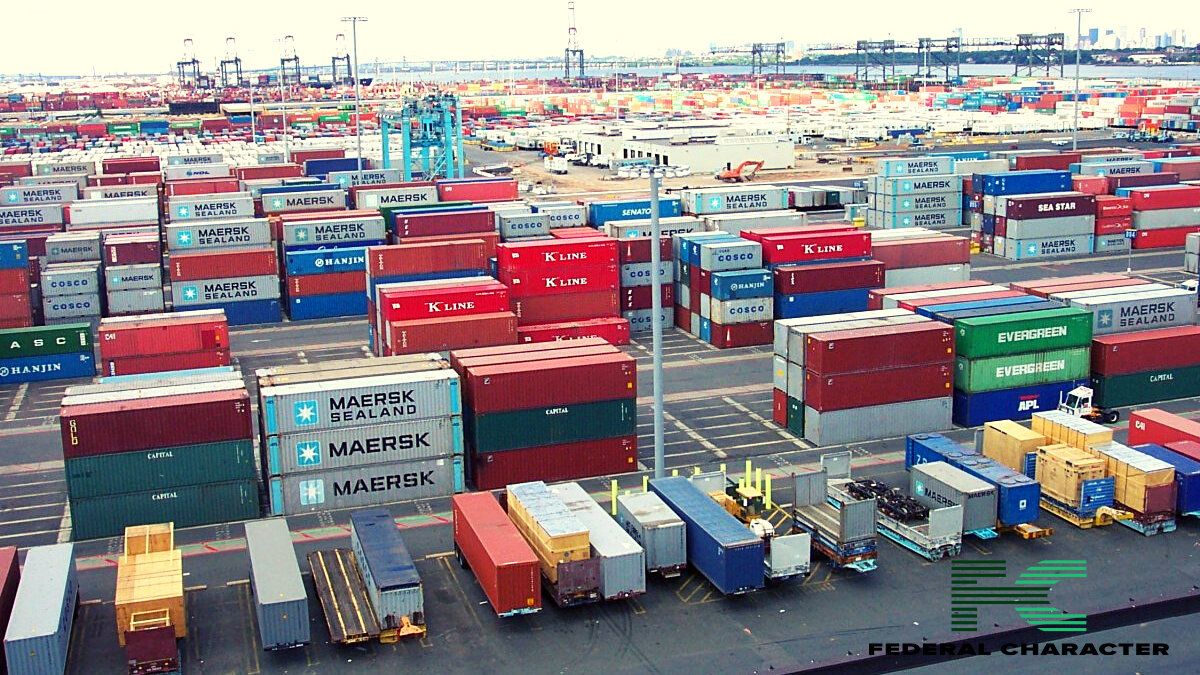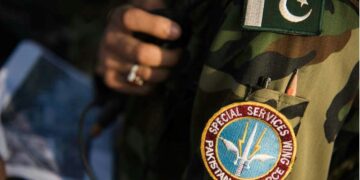Sudan’s ongoing conflict has inflicted significant suffering upon its citizens, plunging them into an almost unbearable situation.
Amidst the backdrop of relentless clashes between opposing military factions, the war in Sudan has taken its toll on the lives of ordinary people.
Ali Seif, a university lecturer, has found himself without pay for months. To make ends meet, he has taken to crafting soap within the confines of a makeshift displacement camp.
The fierce clashes between rival generals, Abdel Fattah al-Burhan and Mohamed Hamdan Daglo, have pushed countless Sudanese citizens out of work, compelling them to devise innovative means of supporting themselves and their families.
Ali Seif, once employed as an engineering lecturer in Khartoum, now resides in Wad Madani, where he, along with his family, seeks refuge alongside other displaced individuals who have fled the capital in haste.
Though Wad Madani has been fortunate to avoid direct violence, the echoes of conflict resonate nearby. Air strikes and combat occur roughly 150 kilometers to the north, creating an atmosphere of uncertainty.
Ali Seif’s harrowing account mirrors that of others who have fallen victim to the war’s impact. His home, like many, was subjected to looting by paramilitary forces, leaving him without income since March due to the closure of banks.
In a testament to human resilience, Seif has embarked on the unconventional journey of soap-making, a venture that stemmed from a dearth of soap in the market and the pressing need for hygiene products.
“Misfortune makes you creative,” Seif remarks as he demonstrates his soap-making process, employing plastic pots and ice cube trays to shape his products.
Michelle Elia Moussa, another casualty of the conflict, has transitioned from being a teacher to a vendor in the Al-Hasaheisa market, driven by the dire necessity of supporting herself in a nation plagued by the specters of famine, epidemics, and war crimes.
Eshraqa Mousa, who fled the capital with her family at the onset of the conflict, now operates a tea stall, acknowledging that this new endeavor is essential for providing sustenance to her children.
The exodus from the war-torn capital has prompted drastic shifts in societal norms. Mohammed Ali, a former civil servant, has joined forces with colleagues to establish a mobile food stall, defying conventions and embracing resourcefulness as they navigate the upheaval.
Despite these ingenious efforts to adapt, the looming uncertainty of the conflict casts a shadow. The speculation that the war may soon reach Wad Madani underscores the fragile nature of their current stability.
The resonating message is clear: the toll of war reverberates far beyond the battlefield, disrupting lives and forcing individuals to embark on unforeseen paths of survival. Amidst the chaos, the value of peace remains a steadfast pursuit, reminding us that the cost of peace, though high, is essential for a brighter future.

